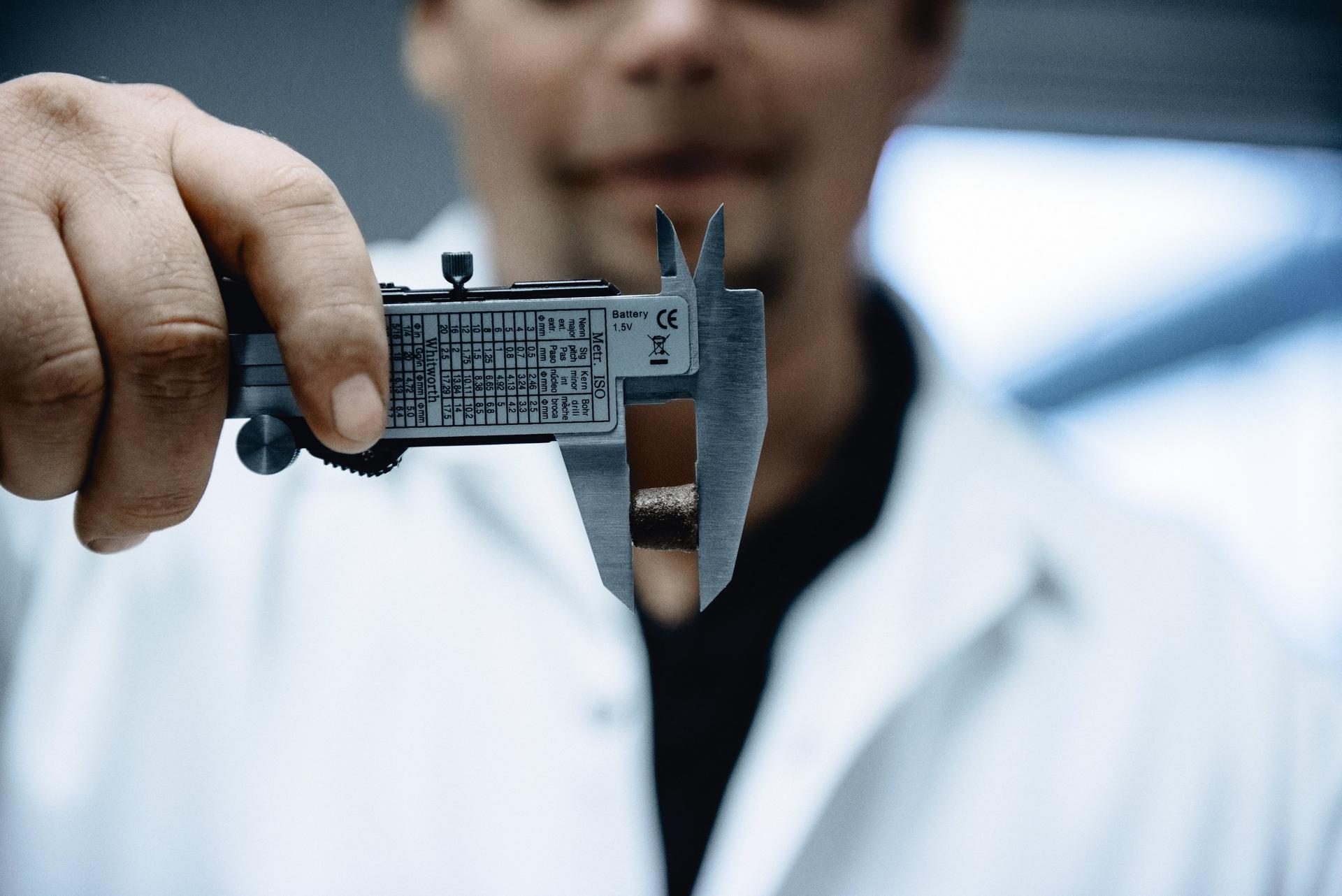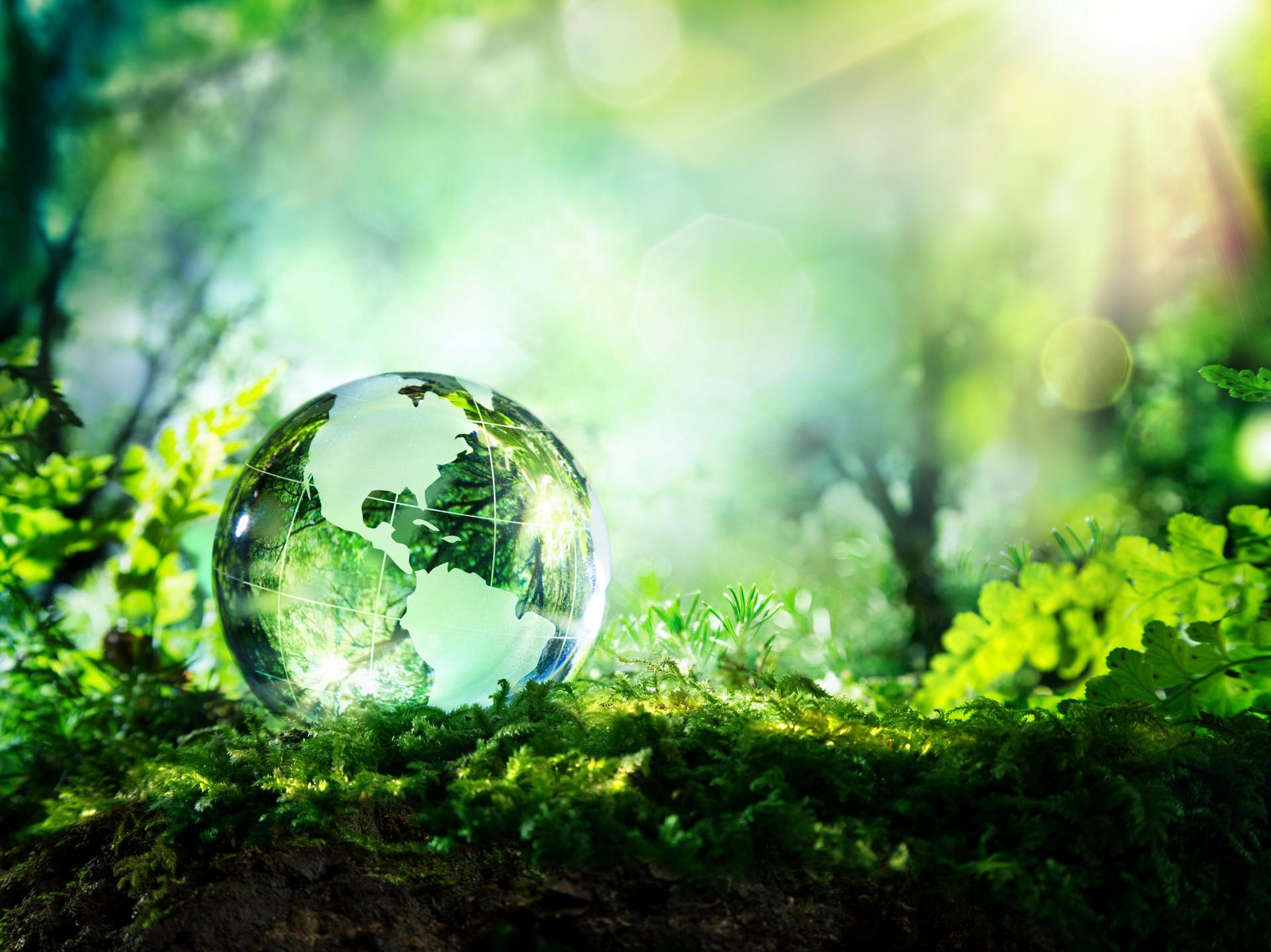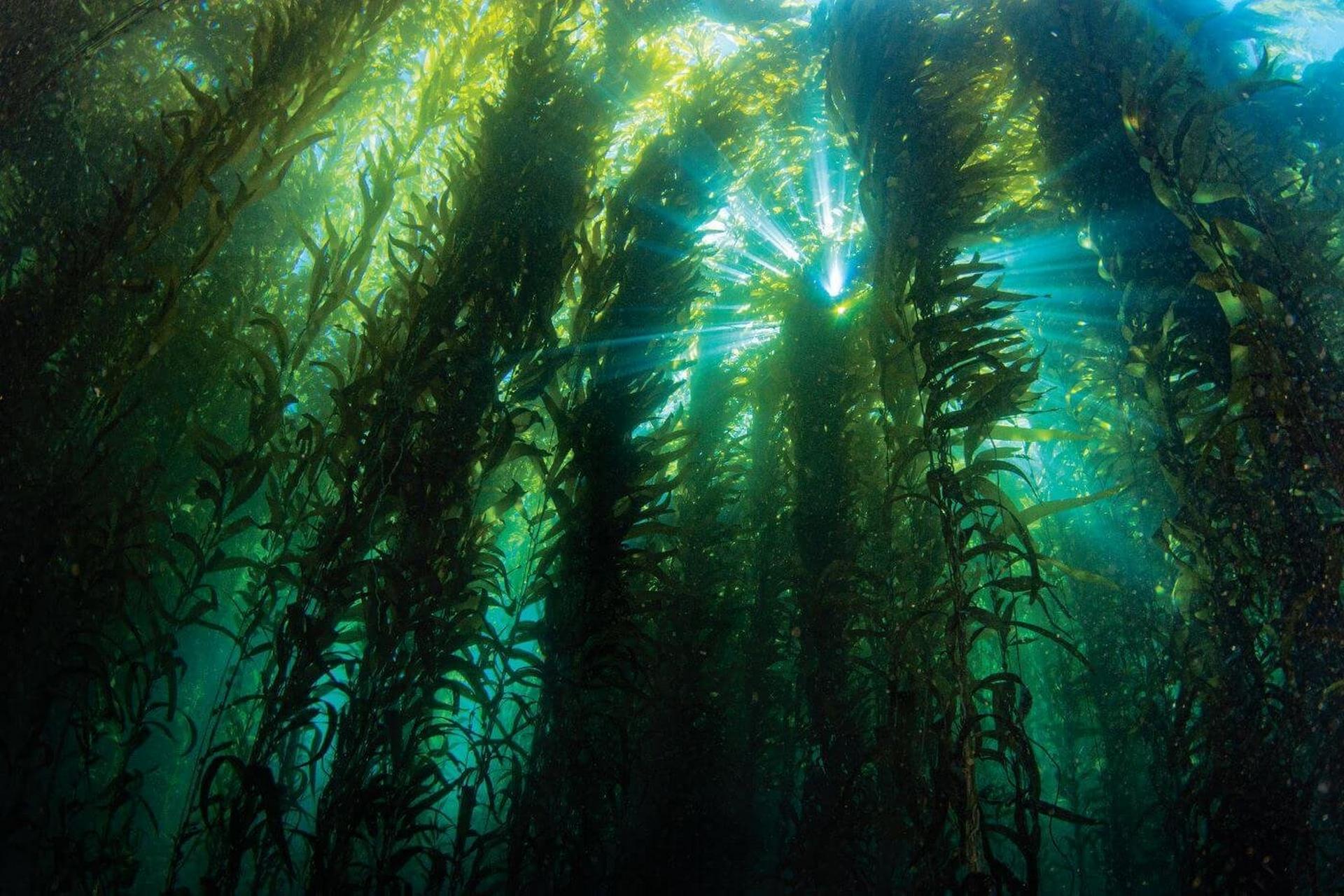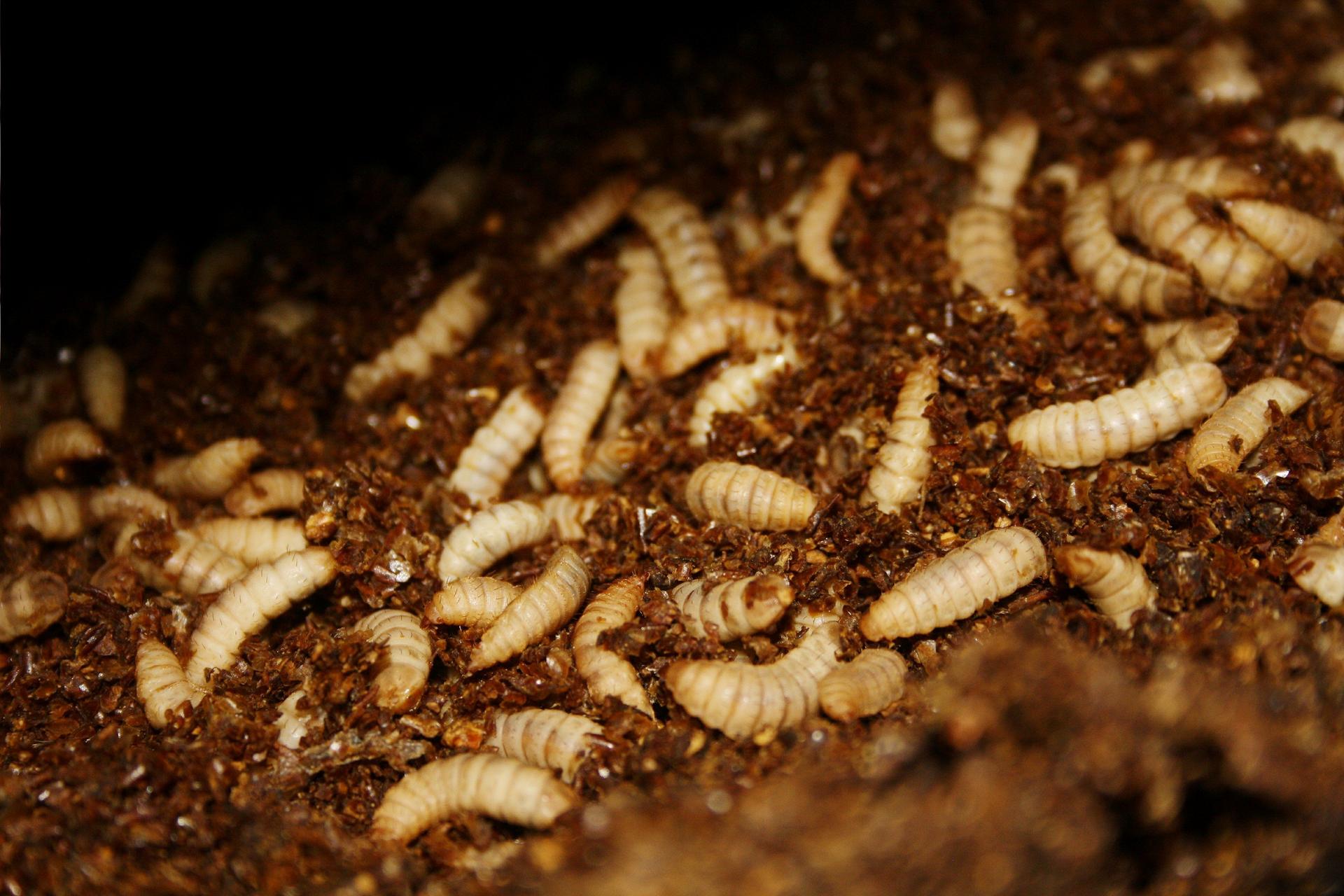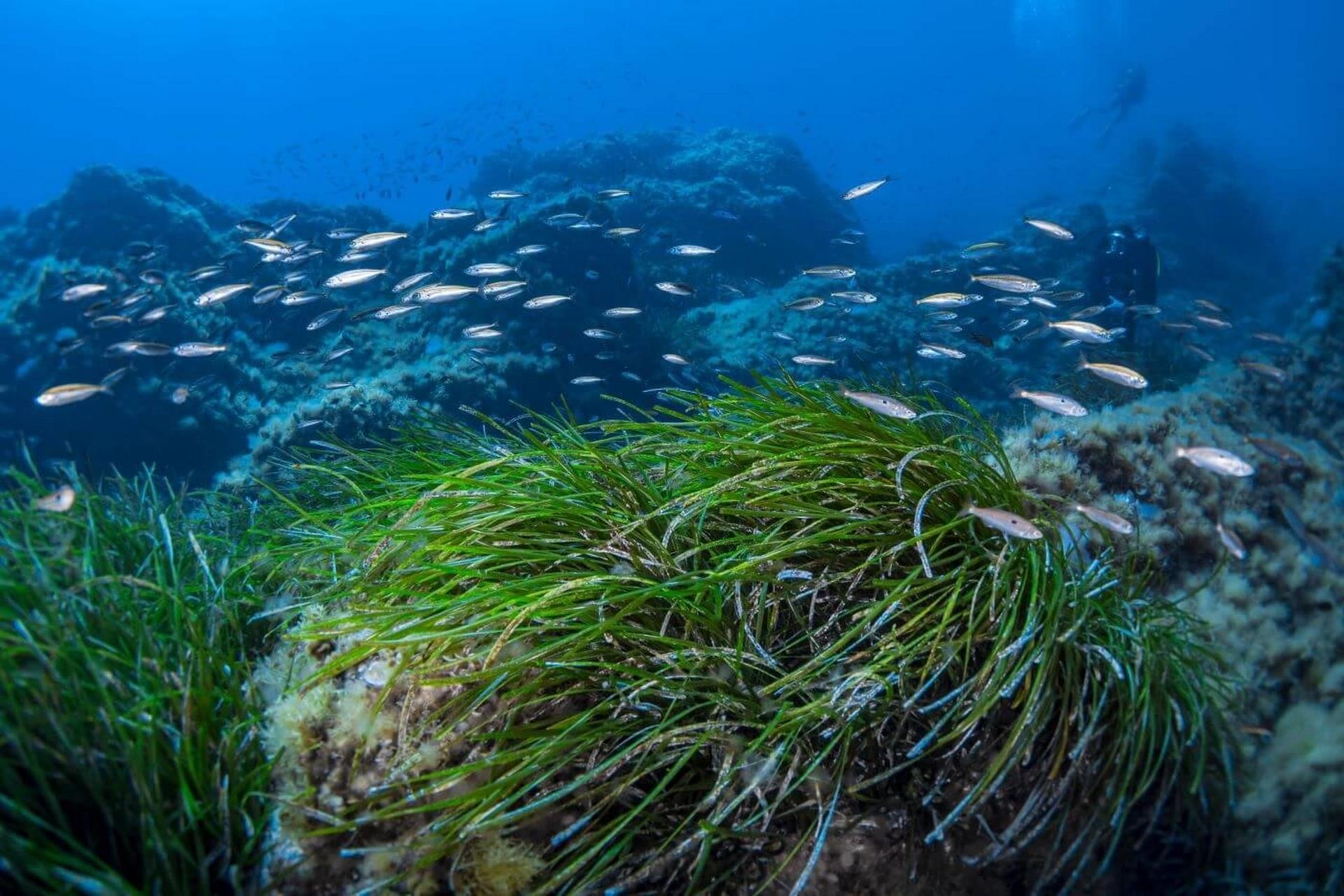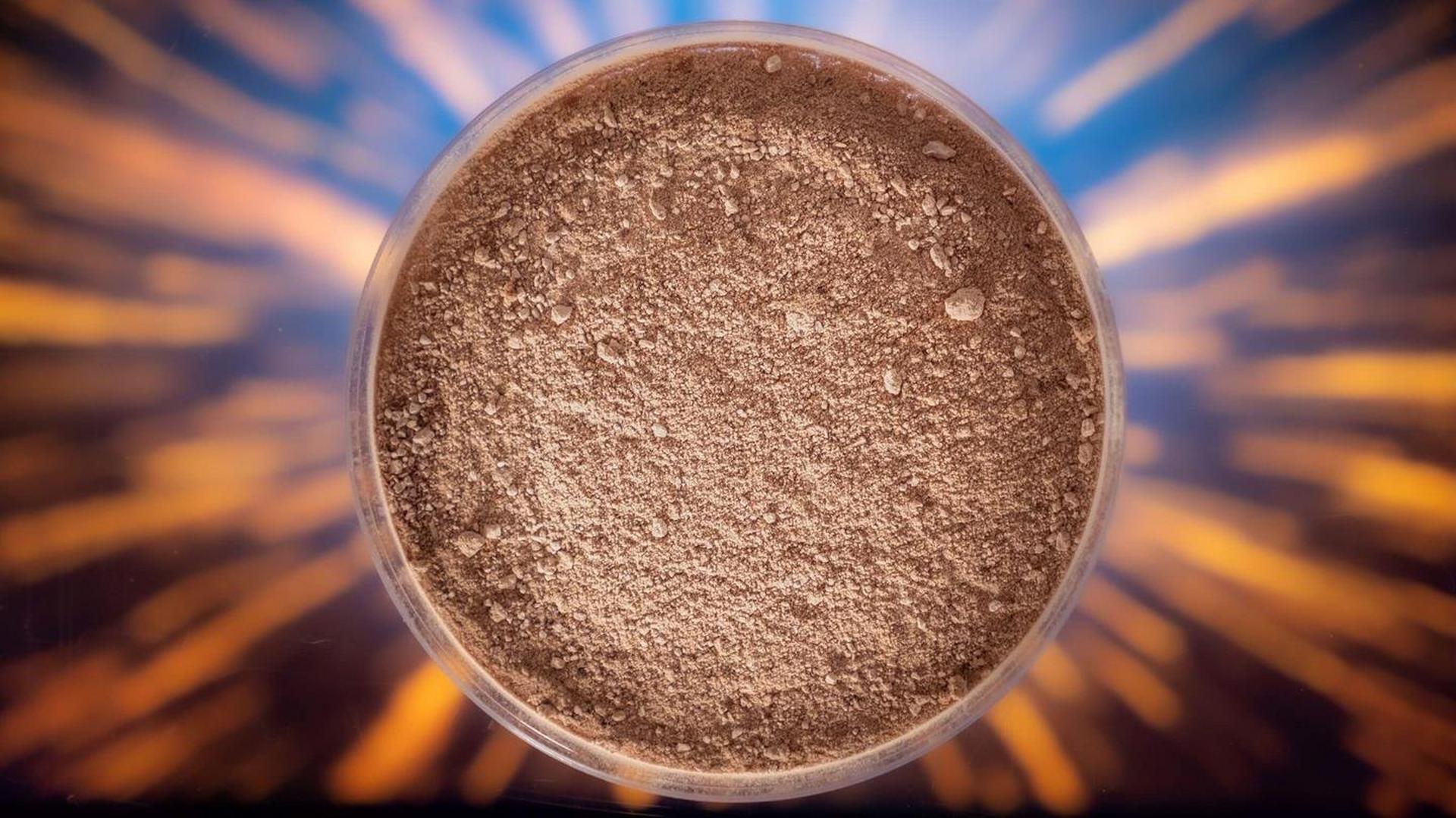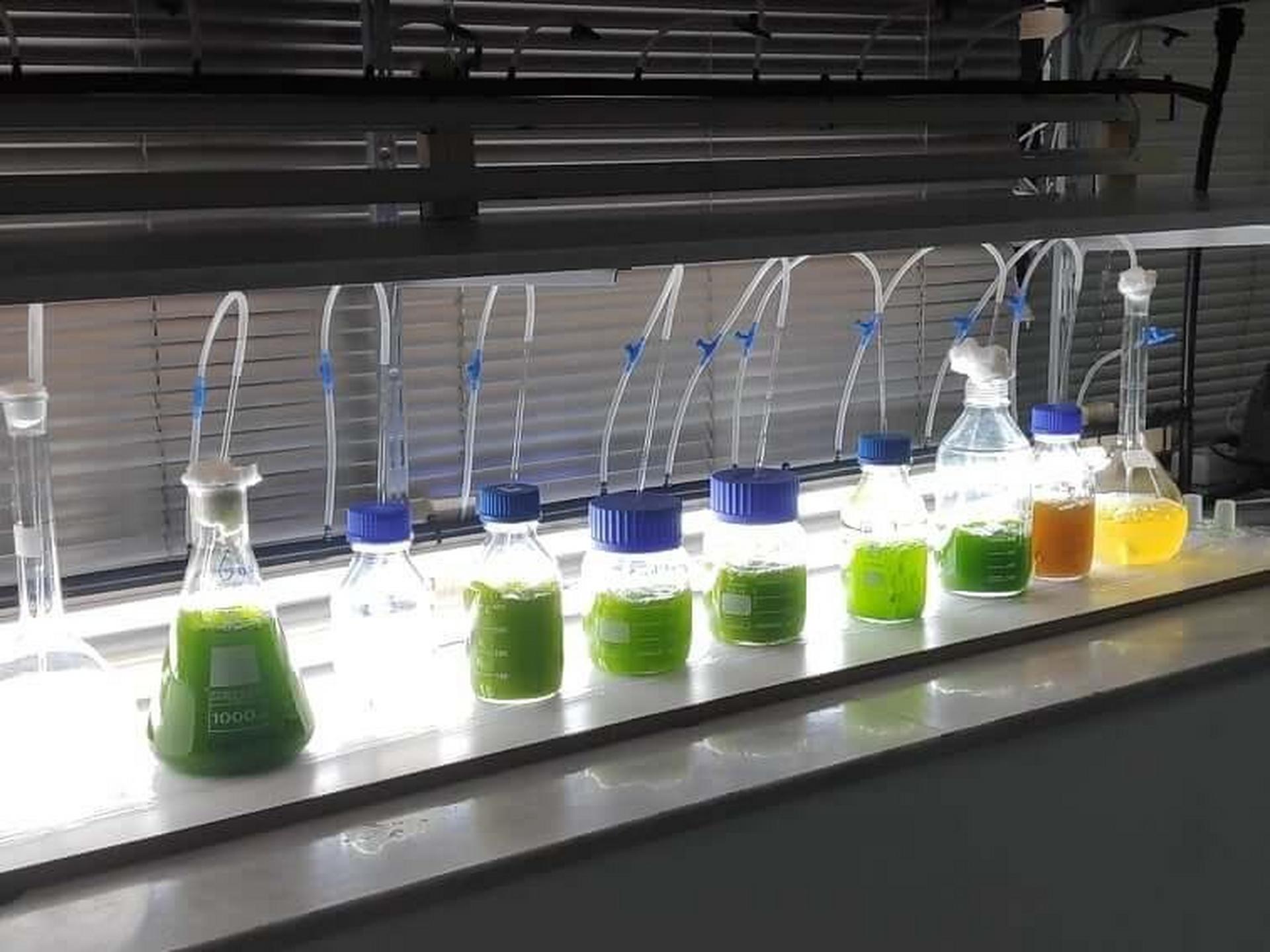Enhancing Nutrition Responsibly
Today, salmon brands that include AlgaPrime™ DHA are now available in US, UK and EU markets – offering consumers farmed raised salmon with an improved sustainability and nutritional profile. In addition, AlgaPrime™ DHA-fed salmon has been included in ready-to-eat and meal kit delivery services – providing consumers with algae-fed salmon through multiple retail touch points.
Developed to reduce dependency on marine fisheries and enhance the nutritional value of seafood, AlgaPrime™ DHA is a native, whole algae ingredient that contains approximately three times the level of DHA of fish oil. AlgaPrime™ DHA is a clean and sustainably produced ingredient through fermentation-based cultivation with non-GM cane sugar as a feedstock. It allows incorporation at high levels without concerns of PCB and dioxin accumulation that can be an issue for some forage fish and fish oil.
“At BioMar, we’ve seen increased global demand for feed formulated with alternative ingredients, such as AlgaPrime™ DHA, due to their nutritional performance and sustainability excellence,” said Vidar Gundersen, Global Sustainability Director at BioMar. “Our aquaculture feeds with AlgaPrime™ DHA continue to be adopted and trusted by salmon farmers, as they look to improve the omega-3 content and sustainability profile of their salmon.”
Since 2016, Corbion has been producing AlgaPrime™ DHA at large industrial scale relevant to the needs of the aquaculture industry. Unlike other resources such as fish oil, which can fluctuate on supply and price, AlgaPrime™ DHA is a reliable and consistent source of omega-3s.
The significant growth of BioMar feed with AlgaPrime™ DHA is the latest in a series of milestones that shows demand for algae-fed salmon among brands and retailers. In addition to the expanding industry and retail footprint, AlgaPrime™ DHA was awarded the 2017 Global Aquaculture Innovation Award by the Global Aquaculture Alliance, which recognizes individuals and companies finding new solutions to the key challenges facing the aquaculture industry.

?w=1920&%24withDefaultImage%24=&fmt=auto)

